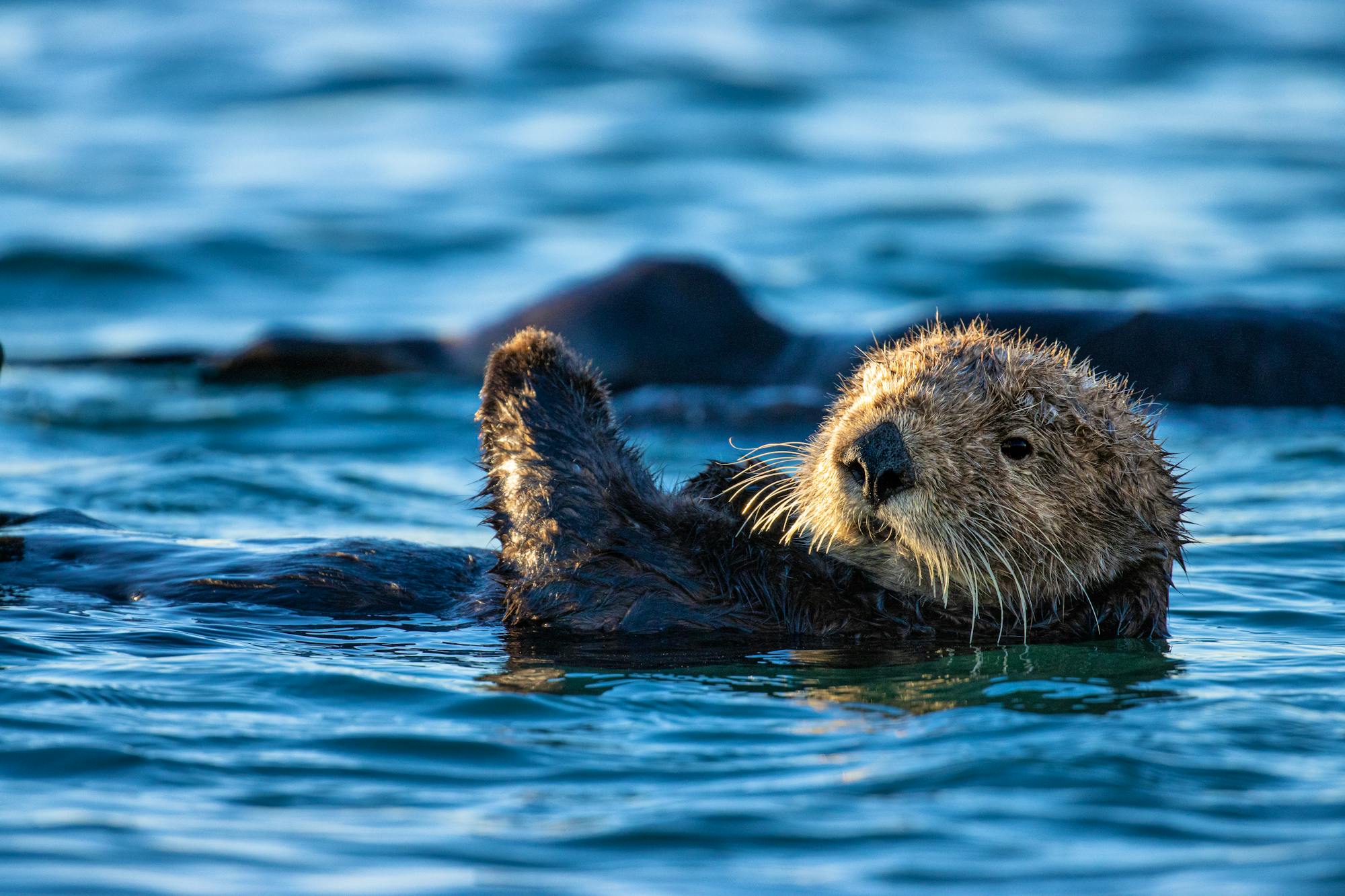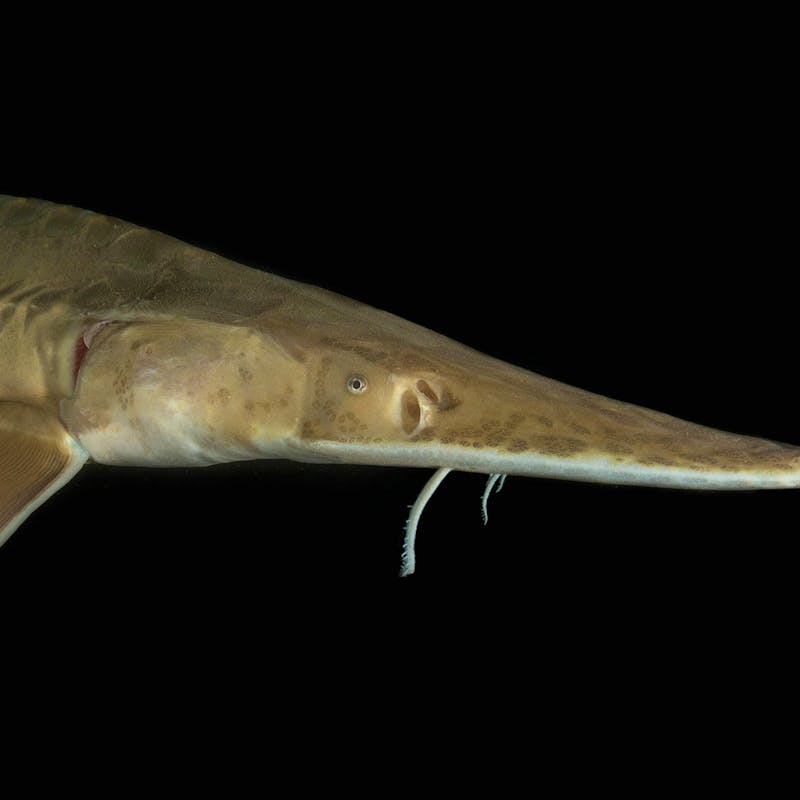Tweet“This disaster of a bill lowers the bar set by the MMPA from recovery to mere survival, gutting scientific management in favor of blatant giveaways to industries like big oil and big fisheries.”
A draft discussion bill headed for a hearing with the House Natural Resources Water, Wildlife, and Fisheries Subcommittee on Tuesday is poised to tear apart the protections of the Marine Mammal Protection Act. Defenders of Wildlife urges the subcommittee to oppose this bill and to not turn its back on whales, dolphins, sea otters, polar bears, manatees and countless other species whose futures depend on these protections to not only survive but thrive.
“The Marine Mammal Protection Act has ensured for decades that marine mammal populations can recover when their members are accidentally harmed or killed by human activities,” said Jane Davenport, senior attorney at Defenders of Wildlife. “This disaster of a bill lowers the bar set by the MMPA from recovery to mere survival, gutting scientific management in favor of blatant giveaways to industries like big oil and big fisheries.”
Since 1972, the MMPA has required use of the best available science to protect marine mammals from unsustainable rates of death, injury and harm at the hands of oil, gas, fishing and other human activity. In the more than 50 years since, not a single marine mammal in U.S. waters has been lost to extinction, and many have recovered. This bill, introduced by Rep. Nicholas Begich (R-AK), deliberately replaces science-based management with politician-imposed standards for protective measures so impossibly high that marine mammal populations will plummet, some towards extinction.
The bill also includes a provision that would halt any new measures to protect critically endangered North Atlantic right whales from fishing gear entanglements until 2035. Entanglement is one of the two biggest threats to the approximately 360 remaining right whales.
“If enacted, this provision will put the North Atlantic right whale into an irreversible death spiral,” said Davenport.
The Natural Resources Water, Wildlife and Fisheries subcommittee will also discuss two bills on Tuesday that threaten the continued success of the Endangered Species Act.
The deceptively named “Endangered Species Transparency and Reasonableness Act,” sponsored by Rep. Tom McClintock (R-CA), would subvert the ESA’s bedrock requirement that listing decisions for imperiled species be based on sound science. Instead, the bill would force all information submitted by state, tribal or county governments to be considered the best scientific and commercial data available, irrespective of its actual merit.
The “Sturgeon Conservation and Sustainability Act of 2025,” sponsored by Rep. Randy Fine (R-FL), would amend Section 9 of the ESA to remove any protections for sturgeon and their progeny that are held in captivity or in a controlled environment. Most sturgeon species are imperiled due to overharvesting and habitat modification, including the construction of dams that can block migration to spawning grounds. This unnecessary bill would remove the ability of the U.S. Fish and Wildlife Service and the National Marine Fisheries Service to make necessary, science-based decisions as to what protections certain captive sturgeon populations that support imperiled wild populations might need.
“These damaging bills would severely undermine the ESA and make it harder to protect native species and our precious natural heritage,” said Robert Dewey, vice president of government relations at Defenders of Wildlife. “At a time when we should be redoubling our commitment to protect imperiled wildlife and plants and stop extinction, these bills would instead favor industry interests and erode several of the ESA’s important protections.”
For over 75 years, Defenders of Wildlife has remained dedicated to protecting all native animals and plants in their natural communities. With a nationwide network of nearly 2.1 million members and supporters, Defenders of Wildlife is a leading advocate for innovative solutions to safeguard our wildlife for generations to come. To learn more, please visit https://defenders.org/newsroom or follow us on X @Defenders.
Media Contact
News

Ocelot Conservation Day Returns to the RGV







